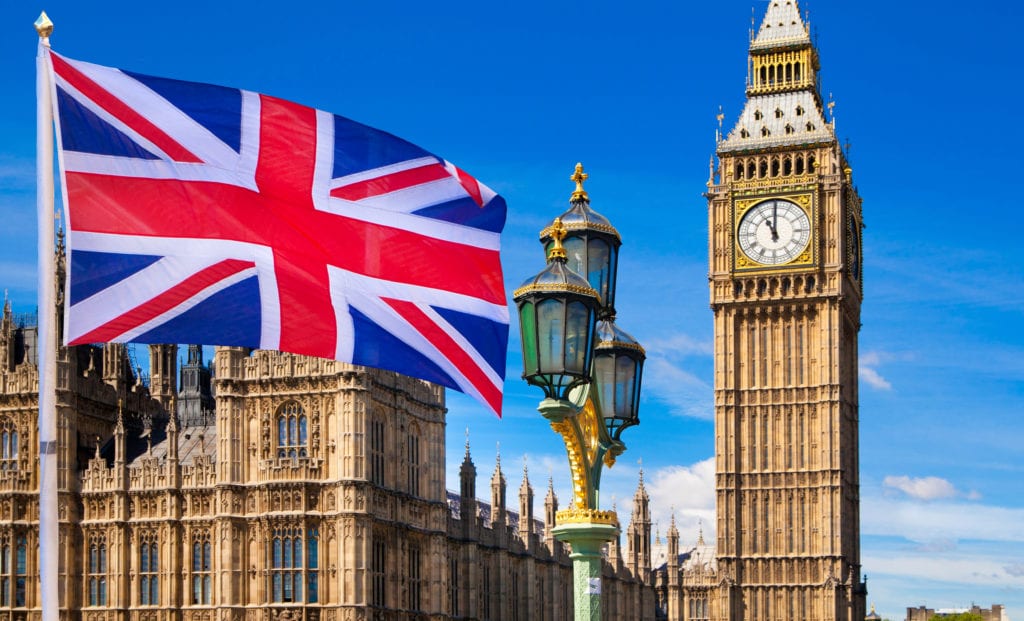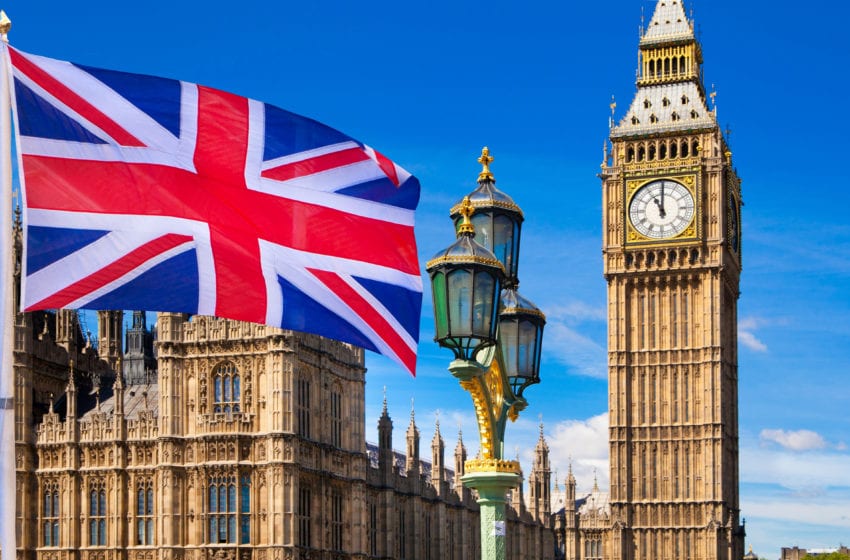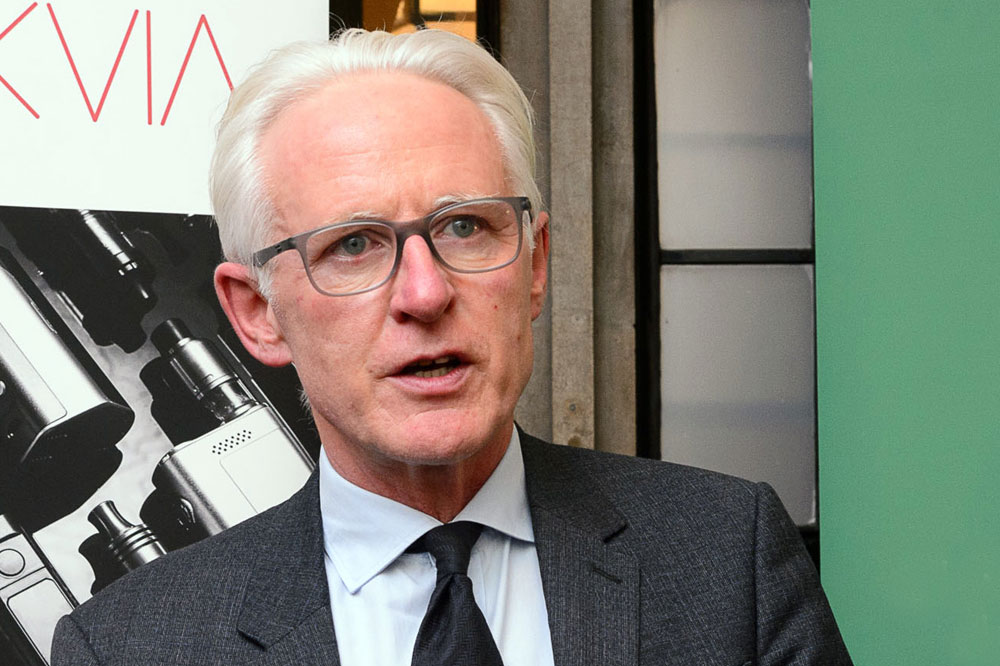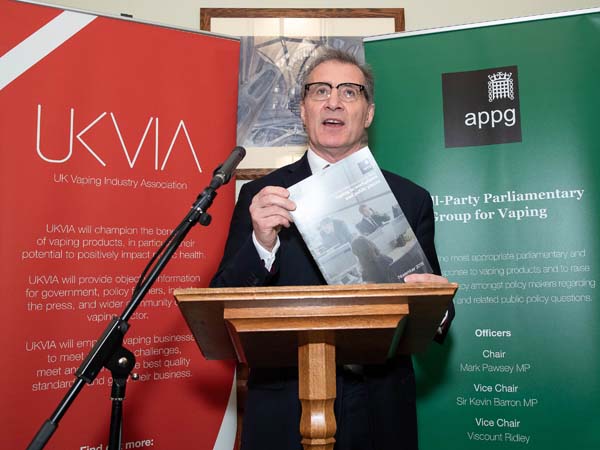
MPs from the U.K.’s two main political parties agree that vaping holds the key to Britain achieving its ambitious target to be a “smoke free” nation by 2030, according to a report by the U.K. Vaping Industry Association (UKIVA).
The All Party Parliamentary Group (APPG) on Smoking and Health presented its latest recommendations for a new Tobacco Control Plan (TCP) at Westminster yesterday.
Among its range of proposals to curb smoking prevalence in the U.K. were recommendations to expand the use of vaping based on the mounting “data and evidence” pointing to e-cigarettes’ efficacy in helping smokers to quit.
In a departure from most cross-party debates there was universal consensus that vaping should be a central part of any plan for the U.K. to meet its smoke free targets and save lives.
The first MP to bring vaping into the debate was Mary Glindon (Labour) who sits on the APPG on E-cigarettes.
She said “The forthcoming Tobacco Control Plan presents an enormous opportunity to cement the U.K. as the global leader in tobacco harm reduction.
“Having left the EU, the government must alongside the post implementation review of the Tobacco and Regulated Products Regulations (TRPR) set a clear direction for reducing smoking prevalence.
“To achieve its ambitions the forthcoming control plan must champion less harmful alternatives to smoking combustible tobacco, in particular the growing body of evidence showing vaping to be the most effective alternative for adult smokers looking to quit smoking.
“In its Blueprint for Better Regulation the U.K. Vaping Industry Association made recommendations to the Department for Health for consideration when reviewing TRPR, a process already under way.
“Those recommendations, many of which I support, could also be applied to the government’s TCP.
“One of those recommendations is effectively tackling increasing levels of misinformation and misperceptions about the relative harm of e-cigarettes versus tobacco.
“ASH data suggests millions of smokers could be dissuaded from switching to e-cigarettes because of incorrect views or confusion about vaping.
“To combat this the UKVIA recommends that the Department of Health launch an effective communications strategy including the introduction of approved health claims and switch messages displayed on vape devices and e-liquid packaging.
“It also recommends that medical professionals at local Stop Smoking services are supported with clinicians signposted to the latest clinical guidance and evidence about e-cigarettes.
“An evidence-based approach to smoking cessation must be adopted consistently by local services to support patients and their harm reduction journey—this is critical, considering the trials in NHS A&E departments.
“There should also be a review of regulations of nicotine in e-cigarettes to better understand the role nicotine plays in allowing e-cigarettes to be a satisfying alternative for adult smokers.
“For vaping to compete with combustible cigarettes and provide and alternative it must provide a comparably satisfying nicotine experience.
“It is the toxic by-products, not the nicotine, that are responsible for smoking-related deaths and diseases.
“Understanding alternatives and making clear distinctions between smoking and vaping are critical to our smoke free ambitions.
“The APPG on Vaping made several recommendations on vaping in the workplace and in public places, these are endorsed by the UKVIA and if implemented would support adult smokers in their transition to less harmful alternatives and give those who already made the switch the best chance of sticking with it.”
To achieve its ambitions the forthcoming control plan must champion less harmful alternatives to smoking combustible tobacco, in particular the growing body of evidence showing vaping to be the most effective alternative for adult smokers looking to quit smoking.
Mary Glindon (Labour)
David Jones (Conservative), Honorary Life Governor at Cancer Research UK, said, “The key issue with smoking is, of course, the smoke. Any evidence-based policy to assist the U.K.’s 7 million smokers must put forward alternative products to combustible tobacco.
“Continuing to raise awareness of those products is also key. E-cigarettes and the use of other alternatives saves lives, and we should make sure that message reaches every smoker in Britain.
“E-cigarettes are hugely important in the fight against smoking, and I commend NHS England for promoting them to smokers. It’s based on evidence and has a proven positive effect on the health of the nation.”
Jones pointed out that, in 2017, more than 50,000 smokers who would have carried on stopped with the aid of a vaping product.
“The TCP should embrace new products and allow for more measures for companies to promote them,” he said. “And the plan should contemplate legislation for a robust regulatory framework for all the products we have on the market.”
Next to speak was Adam Afriyie (Conservative), also Chair of the Parliamentary Office of Science and Technology who sits on the APPG on Vaping.
“We’re in an era where we must be driven by data and evidence,” he said. “And it can’t be any clearer that, when it comes to vaping devices, electronic nicotine delivery devices and other technologies and ways nicotine can be used to help smokers to cease, that the data is only one way.
“It is so much safer to vape or use an electronic device than it is to smoke. Smoke is the killer. Tobacco is the killer.”
Afriyie urged the government to “not do what the EU has done and not do what the WHO seems to be doing by mangling the two issues (smoking and vaping) together.”
“Smoking is one thing,” he continued. “Smoking cessation devices that contain nicotine is a complete different thing. A completely different scale of harm and completely different scale of risk.
“Nobody really wants to smoke. It’s a good idea to remind people on an annual basis that there are alternatives, and not just nicotine patches but certainly to be looking at vaping devices.
“There is still ambiguity about whether or not vaping is a smoking cessation device or just another way of inhaling nicotine. The truth is, and this is clear from the evidence, it’s a smoking cessation device that woks and is twice as effective—if not higher than that—at helping smokers to cease smoking relative to the other treatments available.”
He concluded: “We are the first in the world at genomics, first in the world for the vaccine rollout, first in the world for fintech and financial services—let’s make this another one: let’s be the first in the world to implement a TCP that clearly takes on board the wonderful innovations of vaping, e-cigarettes and all the other technologies and not mangle it together in a smoking directive.”
We are the first in the world at genomics, first in the world for the vaccine rollout, first in the world for fintech and financial services—let’s make this another one: let’s be the first in the world to implement a TCP that clearly takes on board the wonderful innovations of vaping, e-cigarettes and all the other technologies and not mangle it together in a smoking directive.”
Adam Afriyie (Conservative)
Labour MP Virendra Sharma told the committee that he came from “a family of nonsmokers” and that he himself does not smoke.
“I cannot see the appeal,” he said. “But clearly, people are addicted, and addiction needs treatment not moralizing. There are 3 million people who vape in Britain and nearly all are former smokers. That’s 3 million who choose a less harmful option. This is good news, but BAME communities and those with manual jobs and without university degrees are 2.5 times more likely to smoke than white, office working university educated colleagues. This has to be addressed.
“In the Asian community we need to offer alternatives to tobacco. There are terrible statistics about rates of oral cancers and anything we can do to reduce these rates will save lives.”
Another Labour MP, Alex Norris, spoke next and emphasized the consensus nature of the debate.
“We are all here in the spirit of cross party cooperation,” he said.
“E-cigarettes and vaping must be a feature of the TCP. I hope the minister and government generally via its role in the WHO push harder for stronger messages and clearer messages around the data and evidence at WHO level.
“I looked at the WHO website myself and could not fathom what it was trying to tell me. That makes it really hard for people thinking about alternatives to know what they’re supposed to do or not.
“Personally, I always rely on the Public Health England position from 2018, that vaping represents a 95 percent reduction in harm.
“The APPG’s report says that in 2017 vaping helped 50,000 people to stop smoking, and that concerns around children starting have not materialized.”
Bringing the debate to an end Jo Churchill (Conservative), who is also Parliamentary Under-Secretary of State for Prevention, Public Health and Primary Care at the Department of Health and Social Care, said: “Within our plan we will re-commit to the role of e-cigarette products. They certainly have a place in supporting smokers to quit and we will ensure they remain accessible while protecting nonsmokers and young people.”
Speaking after the session John Dunne, director general of the UK Vaping Industry Association, said:
“It was a very proud moment for the UKVIA to be quoted so extensively during this important debate and at such a crucial moment in the U.K.’s journey towards harm reduction.
“It’s not often that you witness different political parties reaching a consensus in this way but, it appears, the urgent need to reduce smoking rates in Britain and the vital role vaping can play in achieving smoke free 2030 are the issues where tribalism is put aside, and common sense prevails.”
























